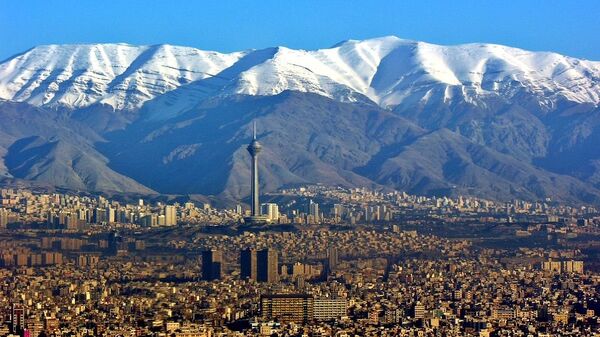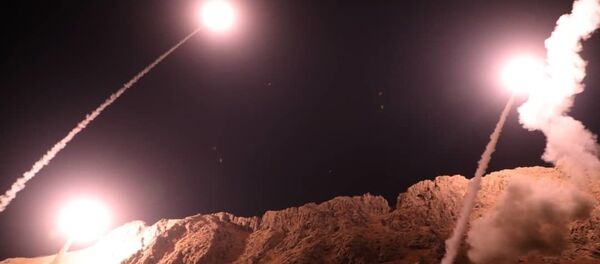Speaking ahead of the Tuesday meeting by NATO Defense Ministers in Brussels, the alliance’s Secretary General Jens Stoltenberg voiced concerns about what he described as Iran’s “destabilizing activities in the wider Middle East region” and its missile program.
Responding to Stoltenberg’s statement, Iranian Foreign Ministry spokesman Bahram Qassemi said that NATO should worry more about the US’ “unilateral and dangerous” policies and its breach of international commitments than voice “unwarranted” concerns about Tehran’s activities in the region.
“Contrary to the NATO secretary general’s remarks, Iran’s constructive role in creating stability in the Persian Gulf and Middle East region has been acknowledged by most of the international community,” Press TV quoted Qassemi as saying.
He added that being a major victim of terrorism itself, Iran has played an important role in eliminating terrorist groups in the region, and that many European countries owe their security to Iran’s “generous” fight against jihadists.
He also dismissed Western concerns about the nature of his country’s conventional missile program, saying it serves defense and deterrence purposes only.
“Definitely, such unwarranted expressions of concerns will have no effect on the Islamic Republic of Iran’s policy in preserving, developing and strengthening its missile defense might and program,” Qassemi emphasized.
He also mentioned the International Atomic Energy Agency’s repeated confirmations of Iran’s compliance with the terms of the 2015 nuclear deal that the United States unilaterally pulled out from in May.
READ MORE: NATO Wants to Use Turkish Territory to Encircle Iran — Turkish Analysts
Washington also warned countries to stop buying Iranian oil from November 4 and threatened to use sanctions against those who do not.
The first wave of US sanctions on Iran took effect on August 6, targeting the country’s automotive sector, trade in gold, and other vital metals.
The remaining sanctions will take effect on November 4 targeting Tehran’s energy sector, petroleum-based transactions, and transactions with Iran’s Central Bank.



